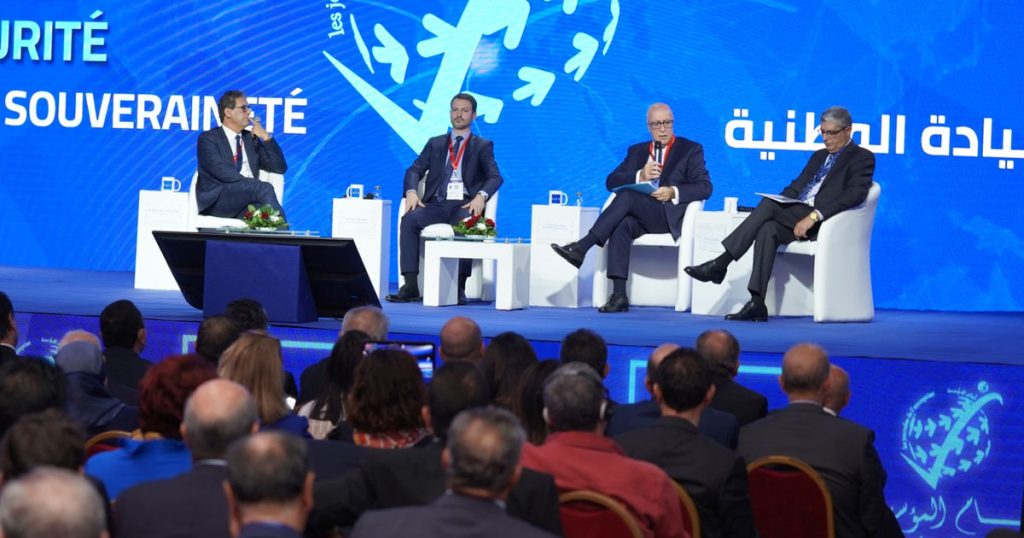The long-awaited new foreign exchange code, which we have been promised for a long time, is apparently not ready yet. According to Marouane Abassi, the Central Bank of Tunisia (BCT) is still finalizing the document revising this obsolete text, promulgated in the mid-1970s.
Why this delay in the “refreshment” of this code which blocks the economic operators slows down certain activities and financial beneficial to the country? According to the governor of the BCT, who took part in a round table on “fiscal sovereignty and security of payments”held on Saturday in Sousse, as part of the 36e edition of Enterprise Days, organized by the Arab Institute of Business Leaders (IACE), consultations with the government and stakeholders will be launched on this text in the coming days. Like what, we still have plenty of time ahead of us to continue talking!
The new text in preparation will facilitate the work of investors, whether Tunisian or foreign, reassures Mr. Abassi, adding that he understands the procedures related to the granting of authorizations (more authorizations?) and the opening of a current account, as well as other points such as the length of stay of investors and currency exchange.
The BCT and the International Monetary Fund (IMF) are preparing a study (another study?) to modernize the procedures of the foreign exchange code in Tunisia, indicated Mr. Abassi, stressing the importance of the implementation of the decrees which must accompany the new code, knowing that often the new texts of laws wait several years before the texts of applications are finally promulgated.
There are many problems related to the current exchange code which require efforts from the banks so that the new text fits into the economic dynamics and contributes to the stability of the dinar and the attraction of investment.
So is Tunisia, chugging along at its tortoise pace, while its economy is down and its deficits continue to widen!
On another note, Mr. Abassi said that the economic reforms planned under the agreement with the IMF for a new loan of 1.9 billion dollars now represent an irrevocable choice, calling this agreement a“An opportunity not to be missed”.
The BCT governor also denied any problems with the Tunisian Union of Industry, Commerce and Handicrafts (Utica) and the Tunisian General Labor Union (UGTT) regarding the system of subsidies for primary products. necessity and the tax measures contained in the finance law for the 2023 financial year, which is in clear contradiction with the declarations on this subject made by the leaders of the two organizations.
For his part, the IMF resident representative for Tunisia, Marc Gérard indicated that the examination of the reform program presented by Tunisia will continue at the level of the IMF board of directors, adding that these reforms will have a positive impact on the country, knowing that the board of directors must meet on December 19.
IB (with Tap).
We would like to say thanks to the writer of this short article for this outstanding web content
Tunisia: the new foreign exchange code is not yet ready – Kapitalis
Take a look at our social media profiles along with other related pageshttps://nimblespirit.com/related-pages/

